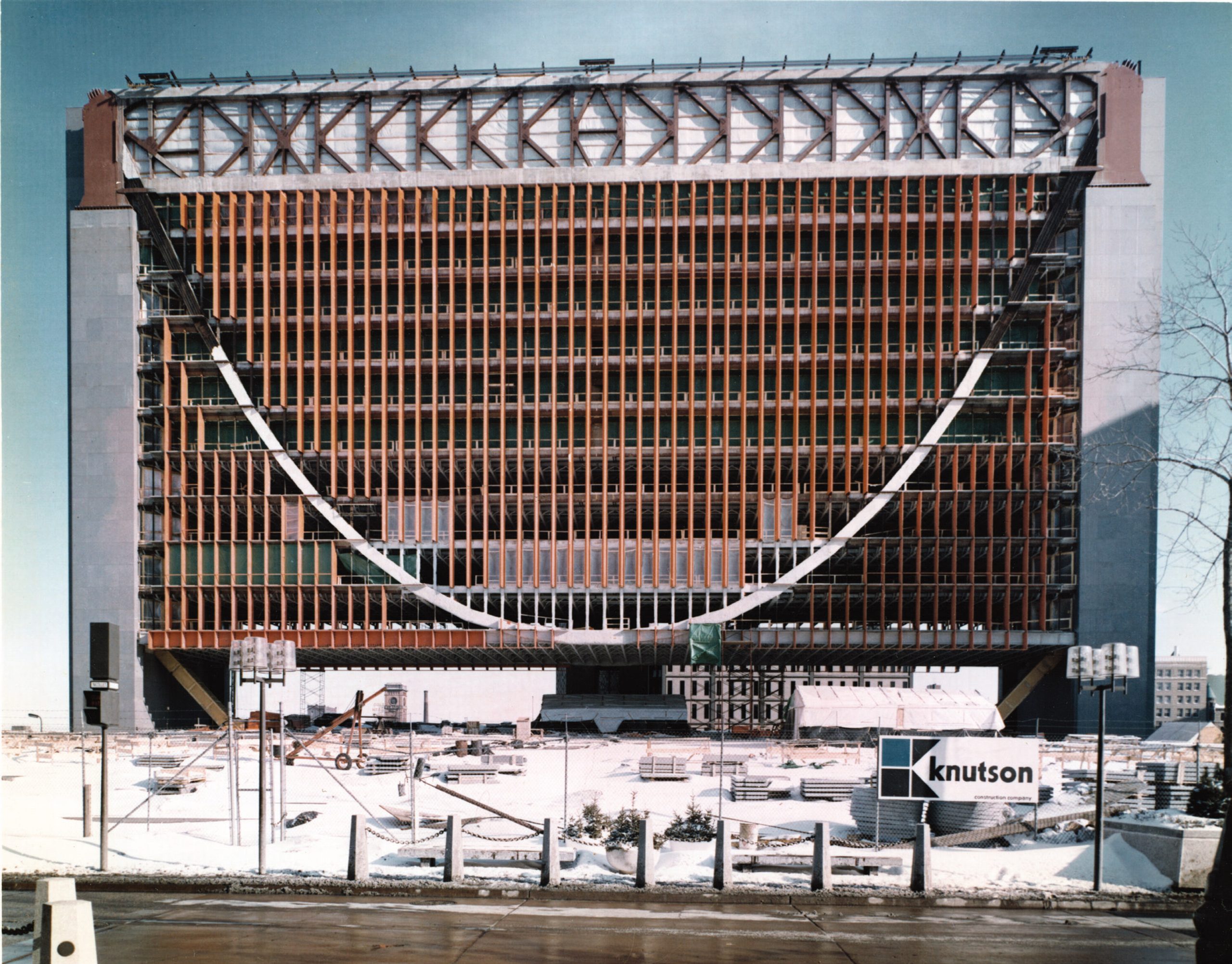
To hear most architects tell it, the story of architectural practice over the past half century narrates a gradual loss of control as constructional complexities and new divisions of labor set in. Indeed, this period has been characterized not only by buildings themselves growing ever more technically complex but also by a slow leeching of authority, expertise, and competence into adjacent fields, including construction management, interior design, cost estimating, and specification writing. In some renditions, this story places blame for the architect’s supposed loss of agency squarely on the shoulders of these Others, these specialists, who many architects view as interlopers that heighten the bureaucratic burden on architectural work while undercutting the architect’s status as so-called master builder. In other, more insidious forms, this story serves to excuse architects from responsibility for slow progress when the construction industry addresses economic, social, environmental, or climate justice.
Continue Reading:






